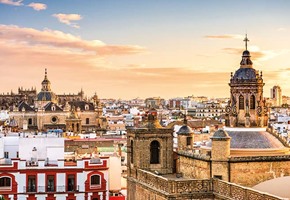
Experience Hidden Spain with the Experts
08/05/2025 · By Tim Hall
From Barcelona to the foodie haven of the Basque Country and iconic landmarks of Andalucía, uncover Spain with Great Rail Journeys’ Tour Manager Tim Hall.
Read more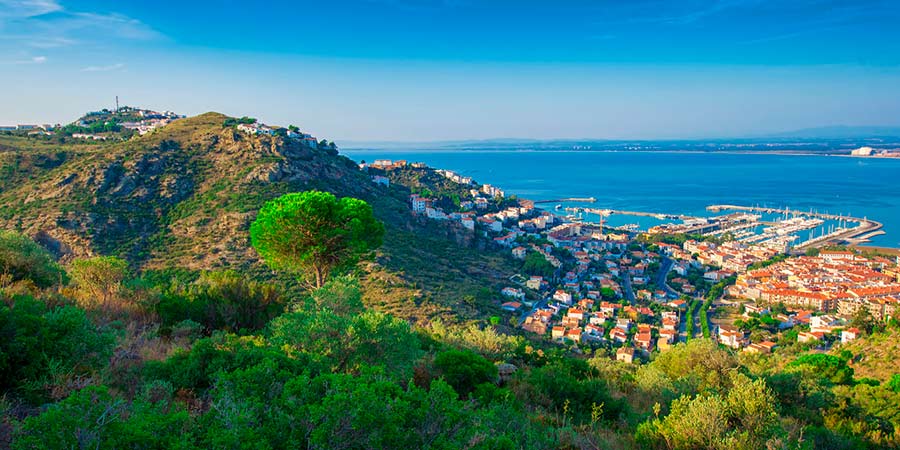
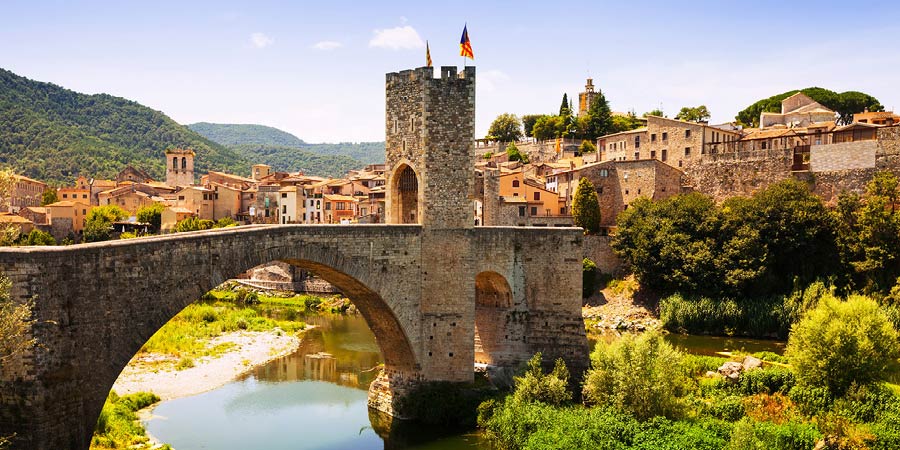
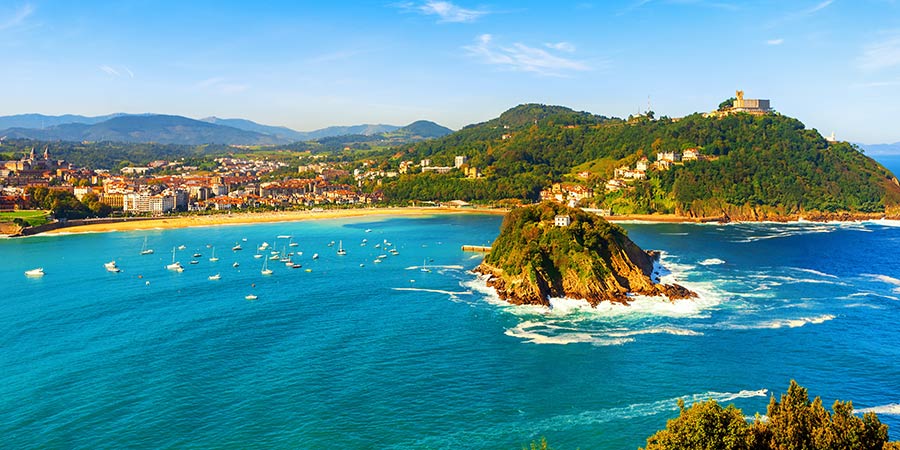
Glorious beaches, flamenco dancing, mouthwatering tapas and refreshing sangria are just the tip of the iceberg in Spain. Look a little closer and you'll see a different side to this crowd-pleasing destination. Step back in time as we explore the Moorish architecture of the Alhambra in Granada, discover a new favourite dish in a rustic tavern, and gaze across the striking Pyrenees from scenic railways. Let Great Rail Journeys introduce you to a sun-kissed land that is bursting with passion, culture, history and natural beauty on a fabulous escorted rail tour of Spain.
Sit back and enjoy the view as we journey by train to the vineyards and villages of rural Spain. Admire the beauty of the Rioja region before sampling a glass of its famous produce in a rustic wine tavern. If the lure of the coast proves irresistible, join us on an excursion to the fishing village of Cadaques was a favourite retreat of Salvador Dali.
Find out more with a free brochure and enjoy weekly travel inspiration and offers in our e-newsletter.
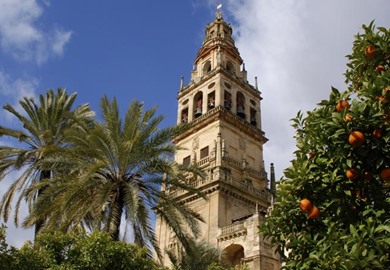
 (137 reviews)
(137 reviews)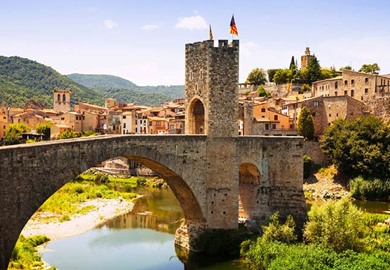
 (140 reviews)
(140 reviews)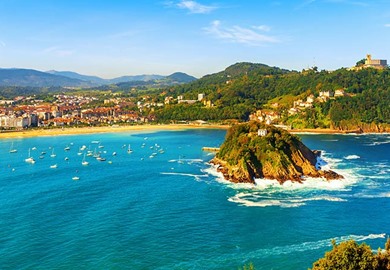
 (99 reviews)
(99 reviews)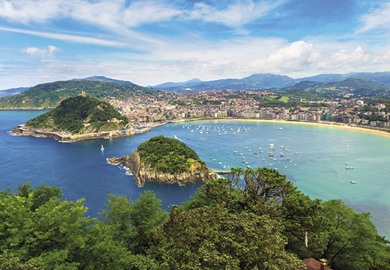
 (82 reviews)
(82 reviews)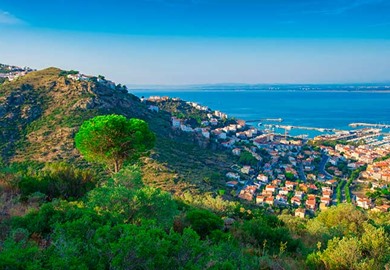
 (652 reviews)
(652 reviews)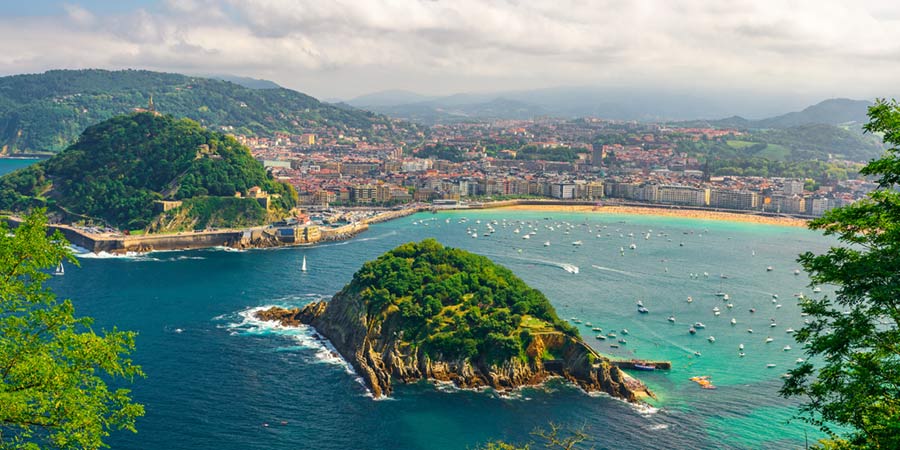
Spain's coastline blends sandy beaches and crystalline water with cultural richness, creating a beach lover's paradise. The Costa Brava, home to the charming town of Roses and picturesque Cadaqués, captivates with rugged cliffs and hidden coves, while San Sebastian showcases beautiful urban beaches.
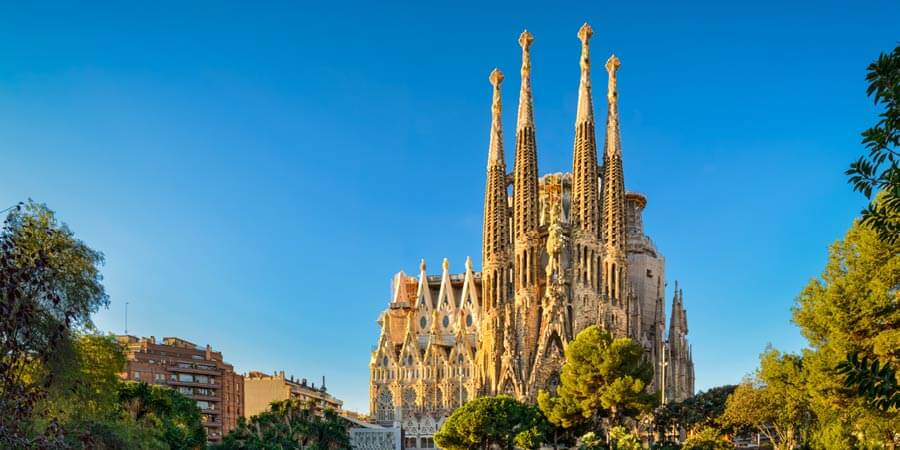
Uncover Spain's rich history through its architecture, with its mix of influences showcased in the Moorish Alhambra, Besalú's medieval structures and Gaudi's Sagrada Familia. The nation's buildings seamlessly weave tradition and innovation, creating captivating skylines.
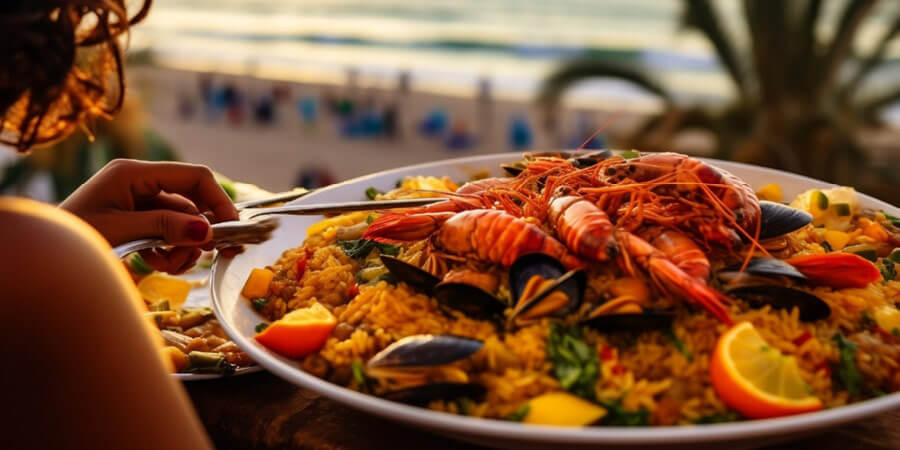
Known for its remarkable variety, Spain's cuisine features iconic dishes like paella and tapas - small plates perfect for sharing. Olive oil, garlic, fresh seafood and local ingredients are staples, celebrating culinary heritage from coast to coast.


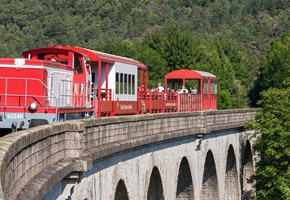
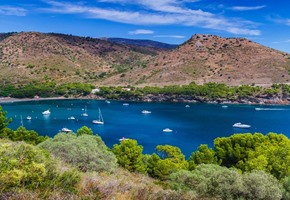
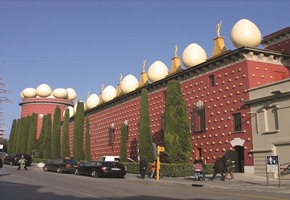
 (652 reviews)
(652 reviews)From the charming seaside town of Roses, discover the glistening Catalan coast and ride into the Pyrenees, taking in the stunning scenery of France and Spain on this relaxing holiday. Experience the delightful Núria Valley Rack Railway on a journey through a peaceful valley and ride the Little Red Train from Rivesaltes to Axat in France's...

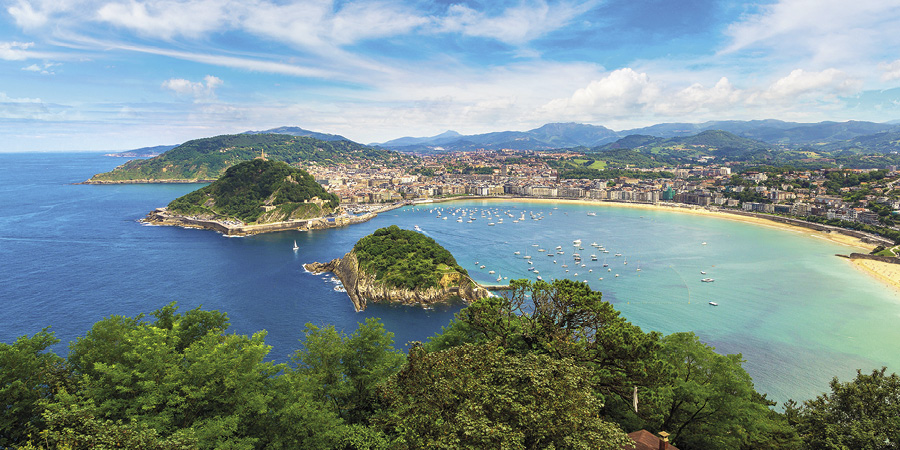
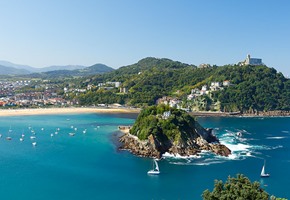
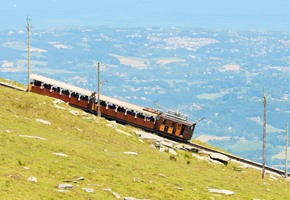
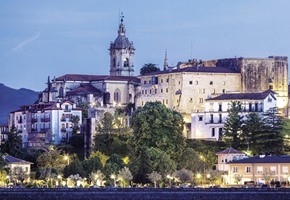
 (82 reviews)
(82 reviews)Uncover the gems of Spain and France's Basque Country from our grand base, a fortified castle in medieval Hondarribia, a picturesque town with a global reputation for great food. This gastronomy-packed tour includes visits to the cities of San Sebastián and Bilbao, with tastings of local specialities, wines and ciders along our way. Trains also...

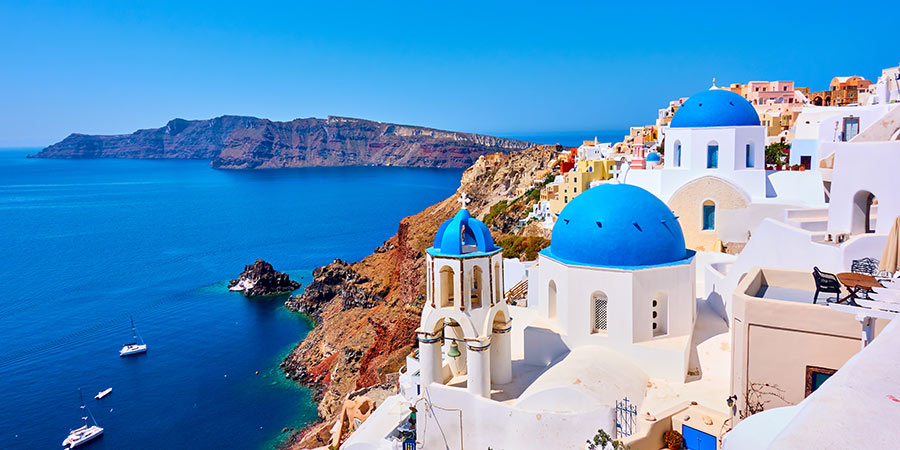
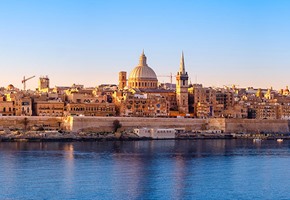
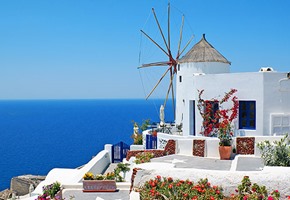
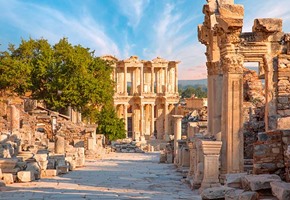
Embrace the spirit of exploration on an island-hopping journey which takes in the beauty, culture and immense history of the entrancing eastern Mediterranean. Journey by train to vibrant Barcelona and tour the city before cruising the glistening Mediterranean to medieval Valletta on the island of Malta. Encounter the iconic treasures of Athens,...
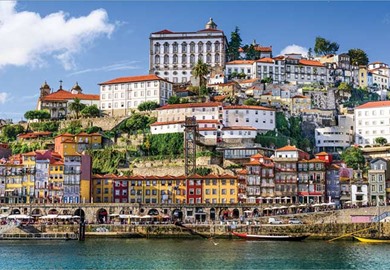
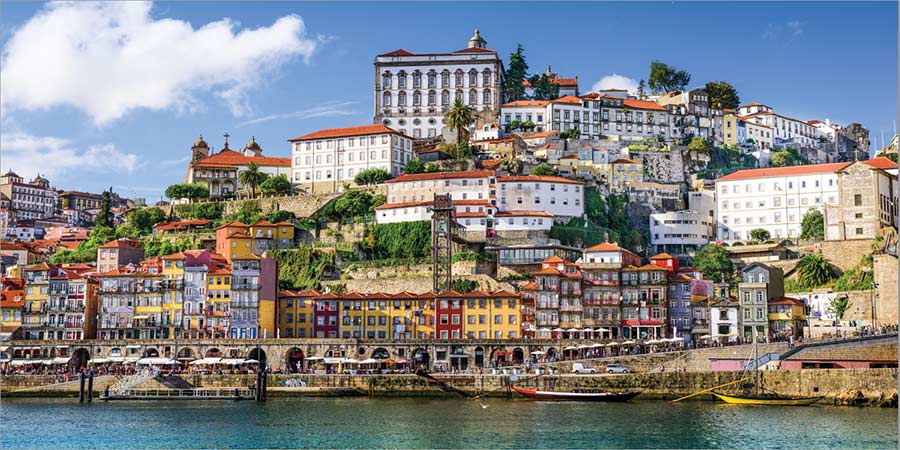
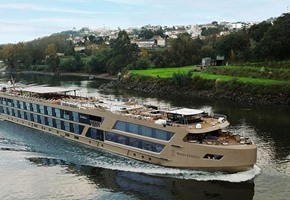
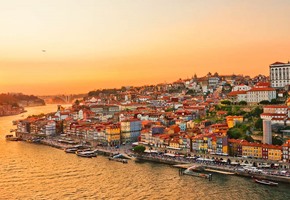
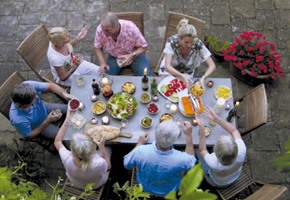
Combining five-star luxury with superb excursions and stunning views of the golden Douro from our outstanding ship, custom-built to navigate the delightful Douro, this brand-new tour delivers a fascinating insight into Portuguese culture on guided tours, onboard events and port tastings. The MS Estrela offers unparalleled comfort and a smaller...


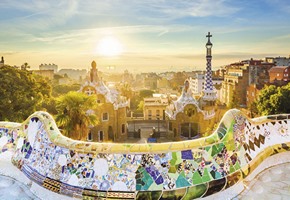
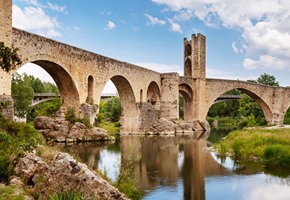
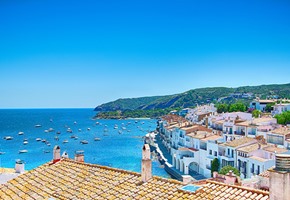
 (140 reviews)
(140 reviews)Based in the attractive coastal town of Roses, we explore the rugged Costa Brava and experience the region's cultural and gastronomic highlights. Cruise around the Cap de Creus peninsula to the fishing village of Cadaqués, savouring local flavours with lunch at a vineyard. Explore Barcelona, which showcases the fantastic architecture of Antoni...

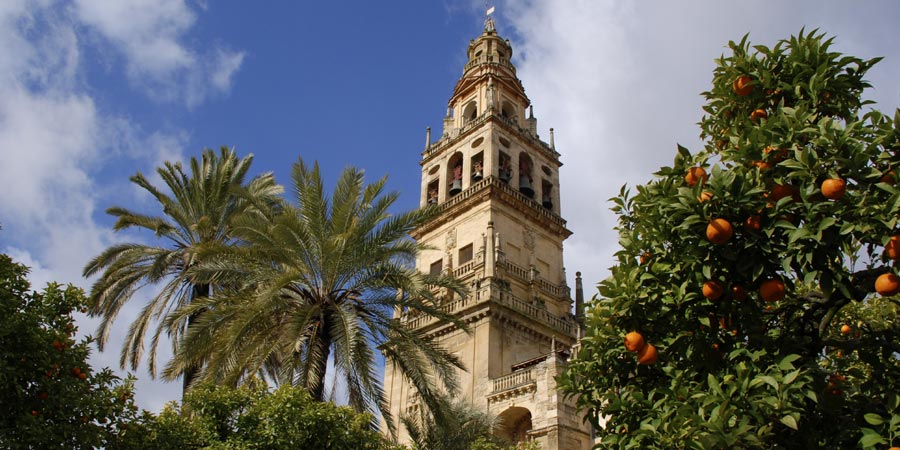
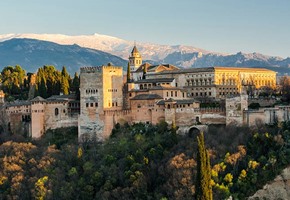
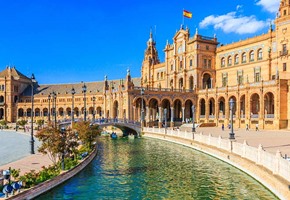
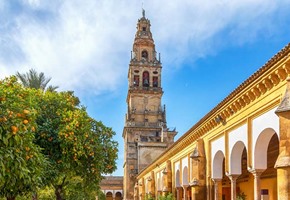
 (137 reviews)
(137 reviews)Experience the highlights of Andalucía on this spectacular holiday to the region's three main cities. With a local guide we tour the vibrant city of Seville - seeing the world's largest Gothic cathedral, and the Plaza de España. In Córdoba, we see the exterior of the glorious Mezquita, a unique mosque-cathedral, with free time to look around the...
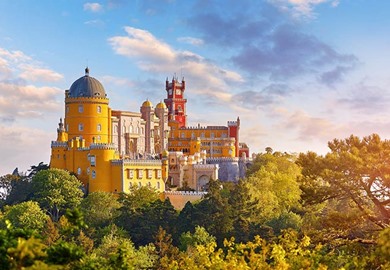
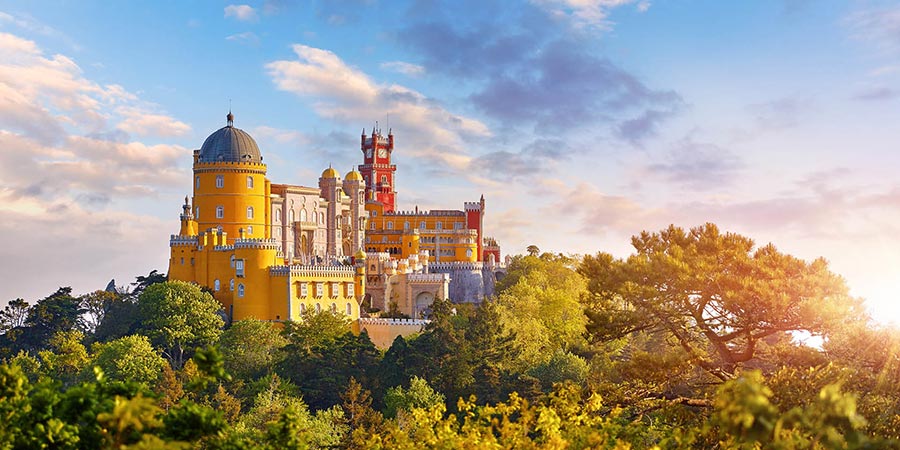
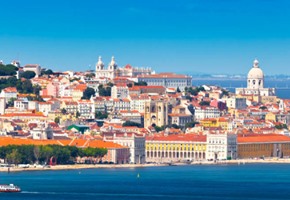

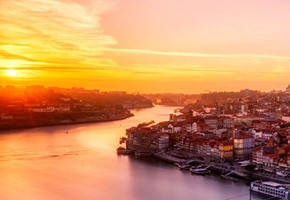
Fly to Lisbon to uncover the sights of the capital on a guided tour including a trip on a heritage tram. After visiting Sintra's colourful palaces, journey to Porto to board a brand-new ship for a cruise along the golden Douro. Superb excursions to Lamego Cathedral, Castelo Rodrigo, Salamanca and Mateus Palace are enhanced by dinner at a...
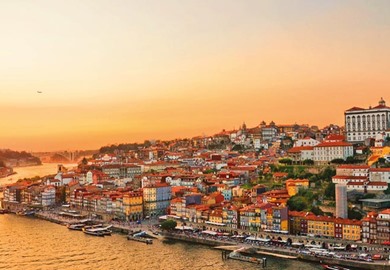
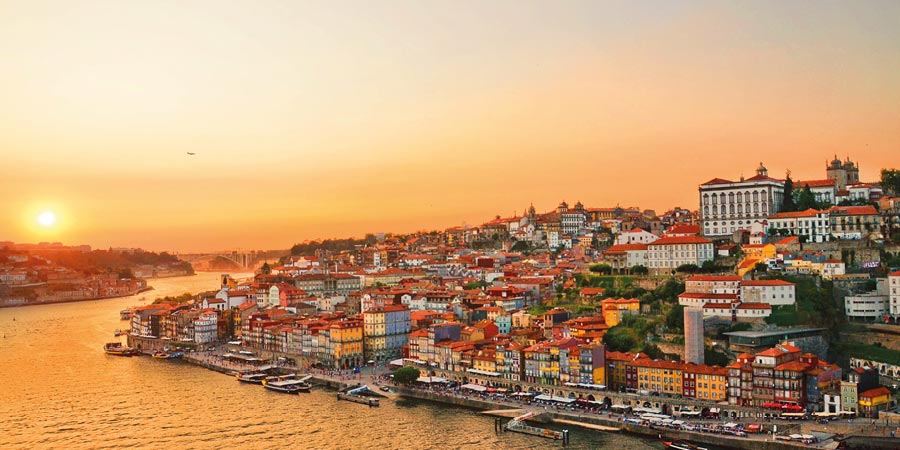
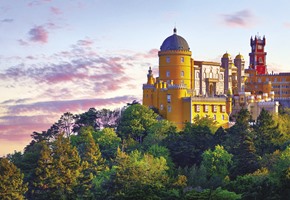
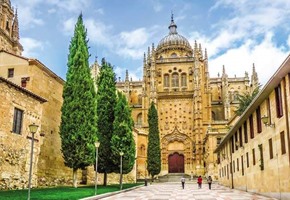
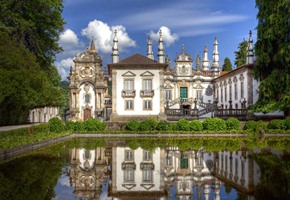
 (40 reviews)
(40 reviews)Flying in to Porto, set sail for a seven-night cruise along the Douro. Our floating hotel drifts past golden valleys, enchanting towns and wine estates as the route reveals the timeless beauty of this serene river, stopping at wonderful ports along the way. A showcase of culture, history and scenery in the Douro Valley, our journey takes us to...


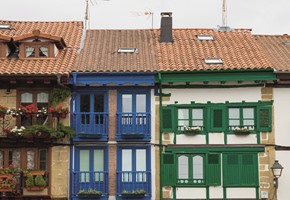
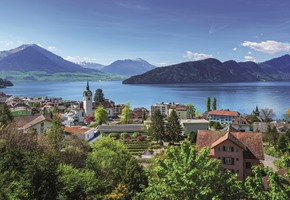

 (99 reviews)
(99 reviews)Explore the beautiful Basque coast of Spain and France from the seaside town of Hondarribia. Visit picturesque fishing towns and stylish cities, discovering the cuisine, art and culture of this fascinating region in San Sebastián and Bilbao's Guggenheim Museum. Board the nostalgic carriages of the Petit Train de La Rhune to absorb panoramic views...


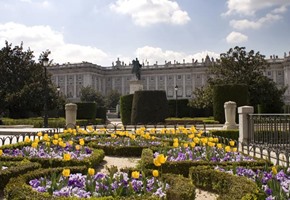
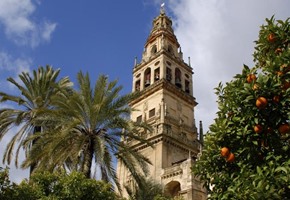
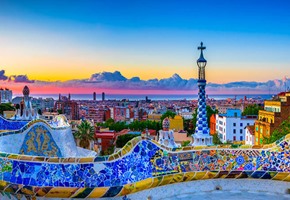
 (64 reviews)
(64 reviews)Discover the rich and diverse cultural heritage and artistry of Spain. On a journey through iconic cities, we travel from the capital of Madrid, into Moorish Andalucía and Barcelona. We explore Granada's Alhambra, palaces and gardens, Seville's historic cathedral and Córdoba's Mezquita. On a sightseeing tour we see Barcelona's Sagrada Familia...
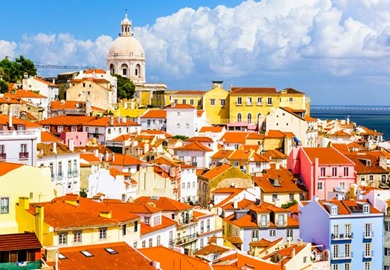
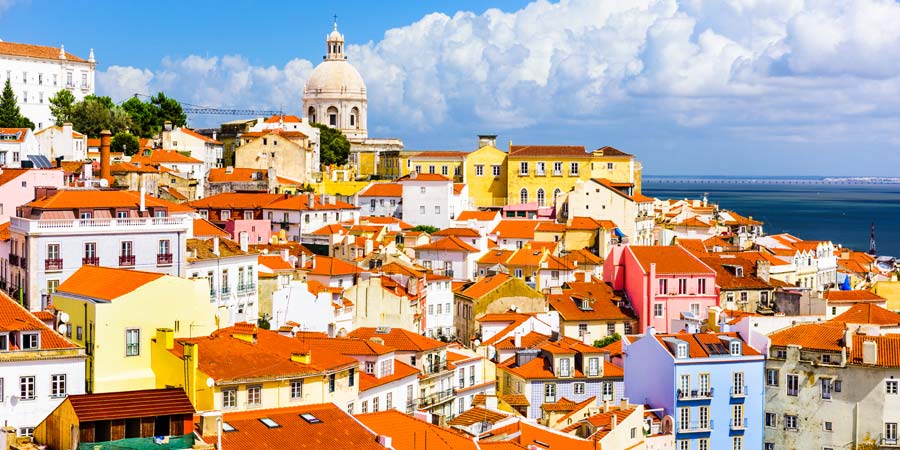

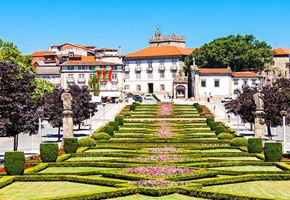
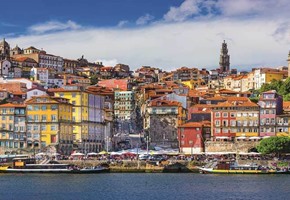
 (33 reviews)
(33 reviews)Fly to Lisbon and explore Sintra's palaces on a Portuguese voyage of discovery before embarking on a seven-night Douro cruise. Drifting through golden valleys and past enchanting towns and wine estates, our cruise reveals the best of this serene river, stopping at wonderful ports enroute. We set sail from Porto, tracing the Douro's path. Visit...
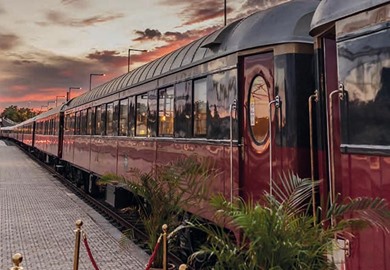
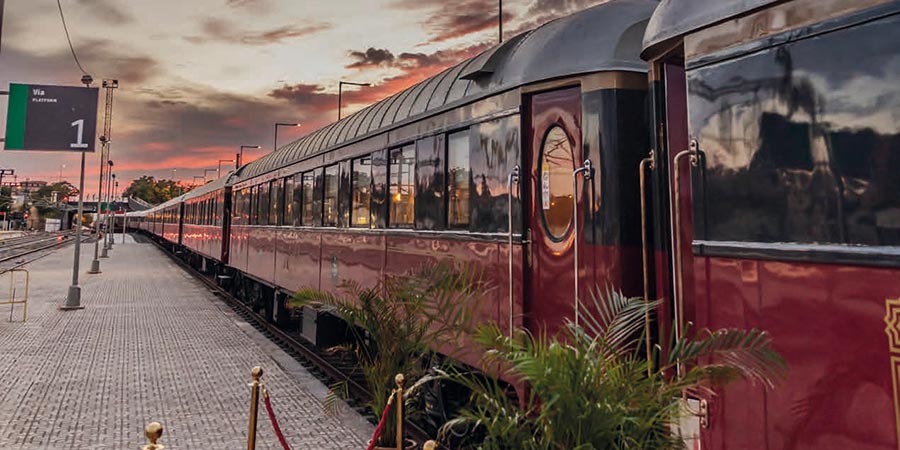
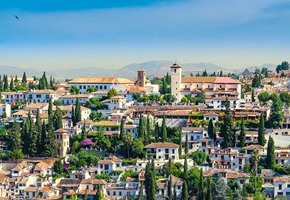
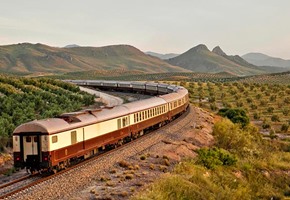
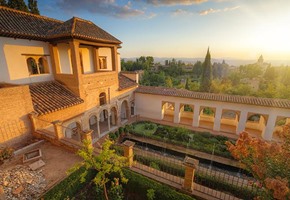
Take an unforgettable journey aboard the Al Andalus Express, as you embark on your Andalucian adventure and travel across this alluring region of Southern Spain in the style of the golden age of travel. Discover the jewels of Spain in the towns and cities that sweep you back through history and give you a taste of what it was like to live as kings...








